Afghanistan Is Still There
S. Frederick Starr
July 12, 2024
Since the U.S.'s abrupt departure from Afghanistan, the Taliban government has opened exten- sive contacts with China, Russia, Pakistan, Turkey, and the Gulf States and some have elevated their ties to the ambassadorial level. No region has more at stake in Afghanistan's evolution than Central Asia and none follow developments there more closely. The U.S. should expand its C5+1 ties with Central Asia to include the sharing of information and discussion of policy choices re- garding Afghanistan. Europe and other friendly powers should do likewise.
Pakistan’s Eviction of Afghan Migrants Risks Backfiring
By Sudha Ramachandran
December 5, 2023
Pakistan has issued an ultimatum to illegal migrants to leave the country or face detention and deportation. It says that national security concerns underlie its decision; it alleged that Afghan migrants carried out most of the suicide attacks in Pakistan over the past year. However, its forcible deportation of migrants is unlikely to secure it from terror attacks as deportees could turn their anger against Pakistan. A rise in militant recruitment and attacks can be expected. Pakistan’s attempt to secure itself by driving out migrants will deepen its insecurity.
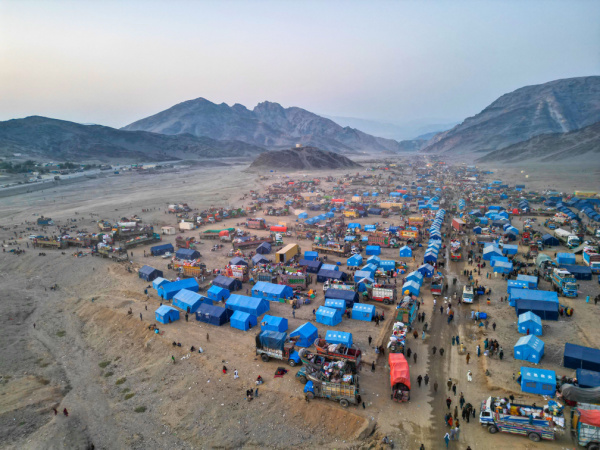
Iran and Afghanistan Clash over Helmand Water
By Sudha Ramachandran
July 5, 2023
Recent violent clashes between Iranian and Taliban border guards brought to the fore the festering dispute over the sharing of the waters of the transboundary Helmand River. The clashes occurred amid an escalation of tensions and led to a heated exchange of threatening rhetoric between the two sides. The Helmand’s water is vital to both Iran and Afghanistan and the sharing of this resource evokes strong emotions on both sides of the border. The regimes in both countries regularly engage in muscle flexing on this issue in order to rally the masses behind them. Under the current circumstances, there is little likelihood of a resolution of the dispute.
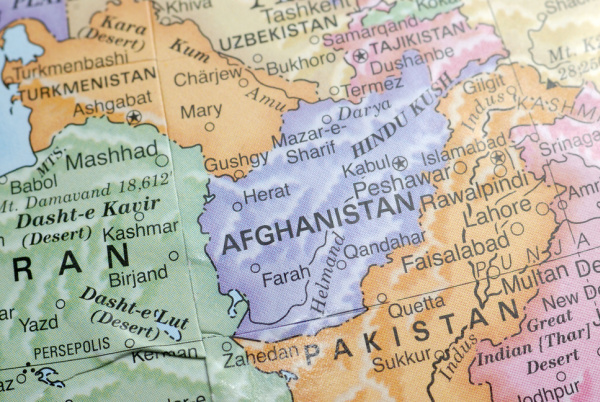
Tajikistan Faces Threat from Tajik Taliban
By Sudha Ramachandran
March 27, 2023
In July 2022, reports emerged of a “new” militant outfit in northern Afghanistan. A Taliban-affiliated group, the Tehrik-e-Taliban Tajikistan is reportedly in charge of the security of five districts in Afghanistan’s Badakhshan province. It has in its crosshairs the anti-Taliban resistance based in Tajikistan, the secular Tajik government and the Islamic State-Khorasan Province. So how “new” is the TTT? And what are the implications of its rising presence and profile in Afghanistan’s border districts for the region?
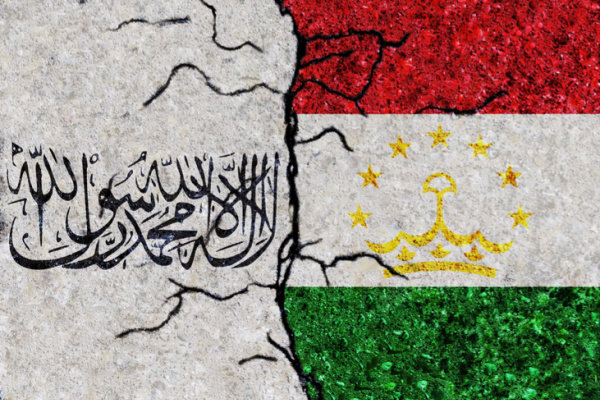
ISKP Attacks in Uzbekistan and Tajikistan
By Sudha Ramachandran
August 31, 2022
Since April this year, the Islamic State Khorasan Province (ISKP), the Afghan affiliate of the terrorist organization known as the Islamic State of Iraq and Syria (ISIS), has carried out rocket attacks in Uzbekistan and Tajikistan from its bases in northern Afghanistan. The attacks are significant. This is the first time that the jihadist group is targeting countries in Central Asia. They signal the ISKP’s expanding geographic presence inside Afghanistan as well as its growing ambitions in Afghanistan and Central Asia. Western countries that are concerned about terrorism emanating from Afghanistan should take note of the implications of the recent attacks.
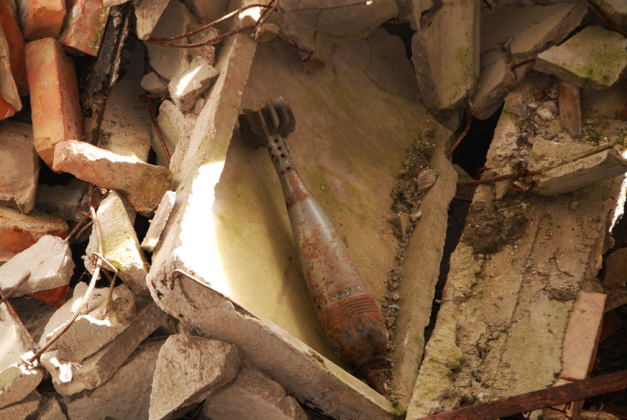
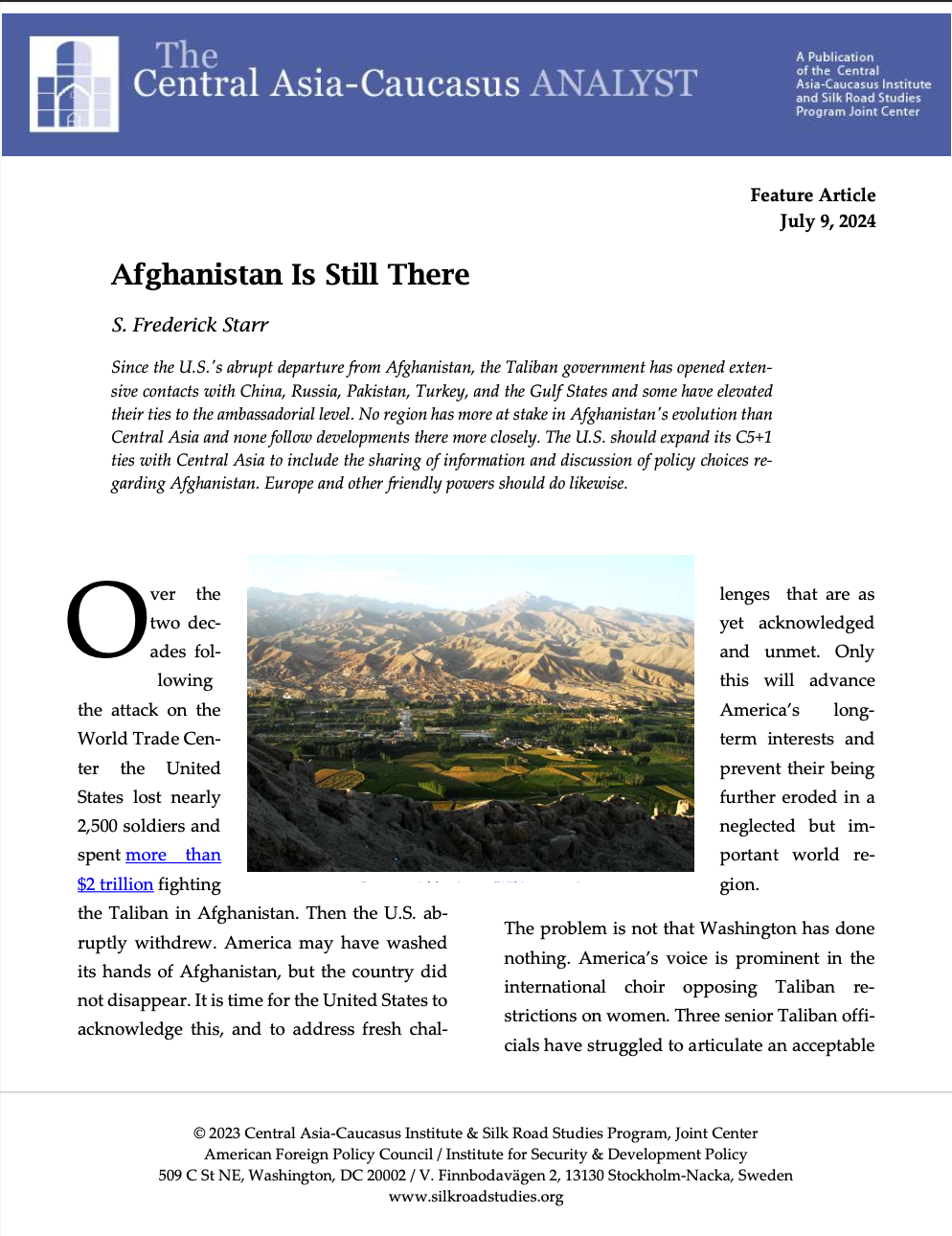





 Book S. Frederick Starr and Svante E. Cornell,
Book S. Frederick Starr and Svante E. Cornell,